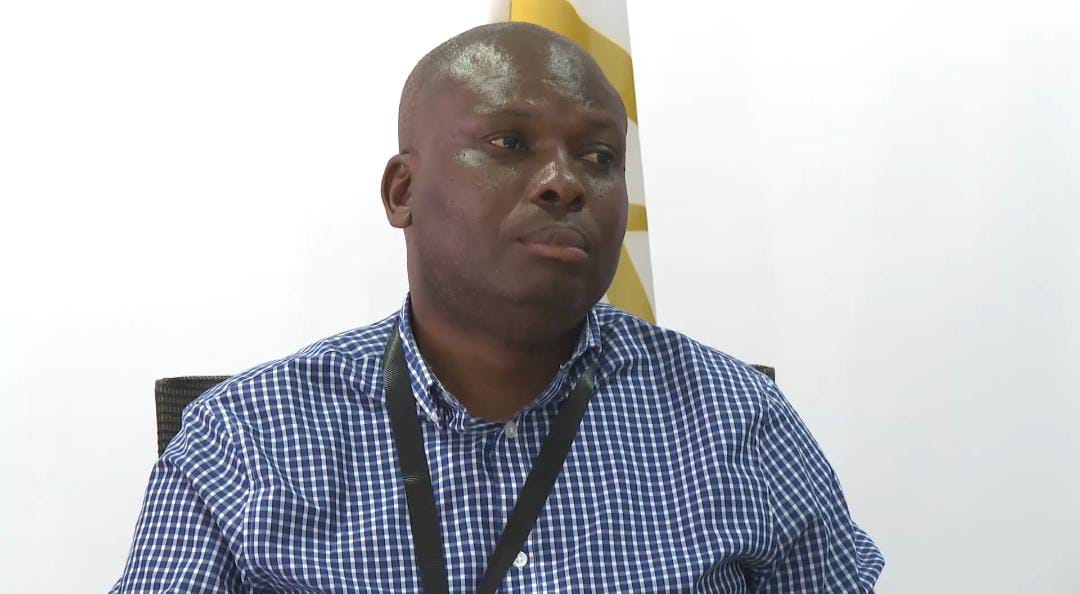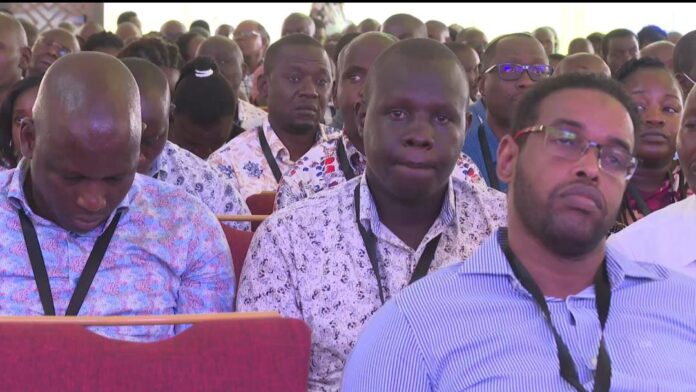By Jane Meza
Mombasa County, Kenya: The Institute of Certified Public Accountants of Kenya (ICPAK) has urged the National Assembly to reconsider several proposals in the Finance Bill 2024 and the Budget Estimates for FY 2024/2025.
The institute has noted significant ramifications for the public key proposals including the reclassification of VAT on bread, a new motor vehicle tax, and VAT on banking and insurance services.
The proposed Finance Bill 2024 has sparked diverse reactions. Speaking during the 41st ICPAK annual seminar, Chairperson Philip Kakai emphasized that the government should retain bread and other wheat-related products as zero-rated to keep them affordable for the majority of Kenyans, who are grappling with the high cost of living.

The bill also proposes a new motor vehicle circulation tax that will see motorists pay up to Sh100,000 annually. Kakai noted this move would negatively impact the transport and logistics industry.
“Bread should remain zero-rated to ensure it’s affordable for Kenyans, and introducing a 2.5% motor vehicle tax will hurt the transport sector,” Kakai stated.
Furthermore, the bill seeks to increase excise duty from 15% to 20% on telephone and internet data services, as well as fees charged for money transfer services by banks and other financial institutions. Kakai highlighted that this could decrease the number of transactions, thereby reducing excise duty collection. “Higher excise duty on data services will lead to fewer transactions and lower revenue,” he noted.
Other significant proposals include raising taxes on mobile money transfers like M-Pesa, airtime, and data. The bill suggests an excise increase from 15% to 20%, which would make these services more expensive. Additionally, a new method of calculating excise on alcoholic beverages based on alcohol by volume (ABV) is proposed, potentially increasing taxes on spirits and certain beers.
The government targets tax collections worth Sh2.94 trillion in the next fiscal year, up from Sh2.62 trillion. However, the Kenya Revenue Authority (KRA) has been lagging behind this target, collecting Sh1.587 trillion in taxes and non-tax revenue in the nine months to March 2024, against a prorated target of Sh1.932 trillion.
The bill also introduces a controversial environmental levy on a wide range of goods, including mobile phones and batteries, with charges ranging from Sh98 to Sh1,275 per item.
In conclusion, ICPAK urges the government to reconsider these proposals to avoid exacerbating the financial burden on Kenyans. “We need to balance revenue collection with the public’s ability to afford essential goods and services,” Kakai stressed.














